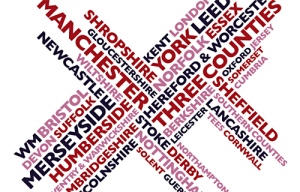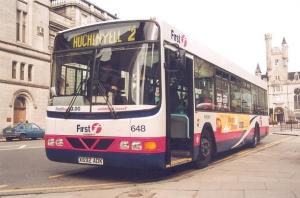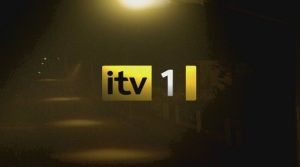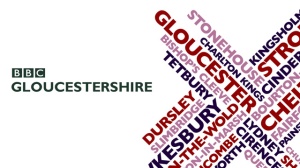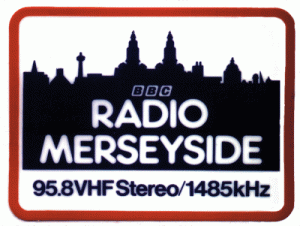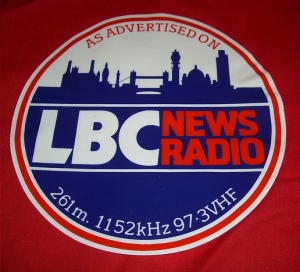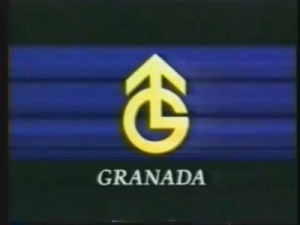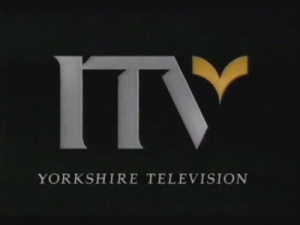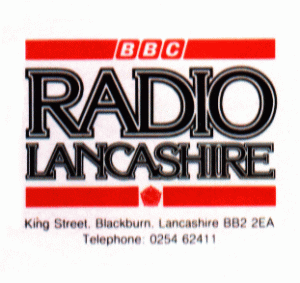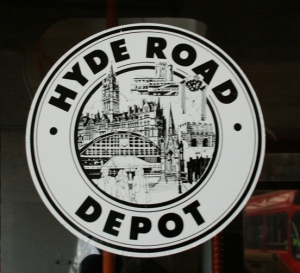This first appeared in NORTHERN LIFE magazine
DECEMBER 2014 ISSUE
I have long been a lover of local radio. In fact, from being a very small boy in the 1980’s I’ve taken a massive interest in it. But as computer-run stations and nationally syndicated services have slowly and surely eroded the magic that local radio once created, I am becoming more and more bored by the same old thing, just like many hundreds of thousands of radio listeners who are deserting local radio and re-tuning to Radio 2 instead.
But then, just as I’m about to give up completely – I discover a radio show that completely recharges my enthusiasm and gets me fully, properly excited again. I’m talking about BBC Introducing, a national network of 40 local radio programmes that champion local music in their area. In particular, I’m talking about BBC Radio Lancashire’s “Introducing” show on Saturday evenings, which is on air between 8pm and 10pm. 
If you want to be completely bowled over by an eclectic showcase of the amazing musical talent that there is here in Lancashire – I can guarantee that you will be surprised by just how much emerging talent there is in the Red Rose county, and then, I suspect that you will feel ever so proud of the whole concept.
It’s always a great feeling to stumble across a genuinely inspirational, amusing and enjoyable radio show that isn’t all about the DJ, but about what the DJ can do for others. I went down to the BBC Lancashire studios to meet the programme’s creator and presenter Sean McGinty, a man so full of energy, enthusiasm and passion for his work that it is easy to see how it all translates so well into such a bloody good radio show.
As he ate a sandwich, eaves-dropped on a band recording a session next door, while trying to discover who blocked the radio-car in with a silver peugeot, I had a good old natter with Sean about his work.
You can tell from listening to the BBC Lancashire Introducing show that you clearly love it. What has been your highlight of doing this show so far? It’s not really on air that I get the real highlight. That comes when I listen through the one hundred and fifty songs I receive a week and hear something that’s just amazing. For example, we play a lot of music from Aquilo. When I first heard their song I was like “wow!” It just hits you and it’s amazing. And now, eighteen months later, they are doing really well, one of their songs is going to be in a film, and being a BBC Introducing presenter, you get a great “wow-factor” when you hear someone with some real talent and a great song.
Another group who are doing great things are Bondax from Lancaster, who are regularly played on BBC Radio 1. They started out on your show. Yes, through us, Radio 1 have picked up on them. Don’t get me wrong, these guys work hard on their own, and they’ve got good people representing them and they’ve done very well without the BBC involvement. Having said that, it’s always good to say “We’ve been on BBC Introducing and we’ve done a Maida Vale session.” They’ve done all that stuff, and they were at Bestival this year, and now they’re travelling the world. It’s a great result for us, but it’s down to the artist. They do all the work, they put all the time in. Just because I play a track by Aquilo, or Bondax, or Rae Morris and say I love it, that isn’t necessarily the route to how they become successful.
The show is now ten years old in Lancashire. Is it getting harder to find exciting new bands and artists to showcase, or does it get easier? I think as technology and social media has developed we are seeing more music sent to us now. We can get any where between one hundred and two hundred tracks sent in each week via the BBC Introducing Uploader on the website, as well as links to songs on Soundcloud and Youtube as well as CD’s in the post. So it is a lot of music that’s coming in to us, and almost all of it is from Lancashire.
What advice do you have for local bands who have the talent, and want to get played, but can’t necessarily afford the studio time to get a professional sounding demo together? Well, Rae Morris is a great example of that. Rae is now signed to Atlantic Records, her new single is being played on Radio 1 and her album is out in January. There’s some really good stuff happening with her right now, but the music that she sent me at first just wasn’t recorded well enough to play on the radio. It was an absolutely beautiful song, and I loved it, but I couldn’t play it. But there are other things we can do, and we invited Rae in and let her do a live session. So assuming they can do that, there’s always different options.
You came to radio quite late in life after a career in banking and telecoms. What made you give up secure employment and a good salary for a career in a notoriously difficult to enter industry, that probably pays a lot less? I’ve just always loved radio, and I love the job I’m doing and I wouldn’t have it any other way. It is a very different earning potential as you pointed out, but as I’m approaching my fiftieth birthday, I’m really enjoying this, and all the other projects that I’m involved with and that really matters to me.
You must have to spend a lot of time listening to the music that is sent in by hopeful bands, plus you do other slots on the BBC Radio Lancashire schedule. You are also embarking on the difficult task of launching Blackpool’s Radio Victoria as a full time community radio station. How do you get the time to fit all this in? I don’t do anything that’s remotely sociable anymore! That’s it really. I’m very much into social enterprise and not for profit businesses. I was working with the hospital trust in Blackpool and suggested that they go after a community radio license, and they said go for it. So now we have the license, and just need to find about twenty five grand for the mast and various bits and pieces. I really think community radio could be fantastic for the Fylde. So yes, I’m kept very busy but I love it, and you’re a long time dead aren’t you?
Your Introducing slot is on air at 8pm on Saturdays, but it’s available all week long on the iPlayer. Are you finding that this new “on demand” technology is helping you to build a bigger audience? I don’t really look at the numbers. We used to be on Thursday evenings and we had the most radio listeners in the county on that slot, beating Radio 1, Radio 2 and everybody else. When the senior BBC management decided that all of the Introducing shows across the national network were being moved to Saturdays, we lost a lot of listeners. Mainly because most of our listeners were out playing, or listening to bands on that night. It’s possibly the worst night to have a new music show on the radio to be honest. I do get e-mails during the week from people who are listening to the I-player, but I have no idea how many there are.
What advice would you have for anybody who would like to follow in your footsteps and get a job in radio?Well, don’t wait until you are 38 before you even think about doing it. Do it in your 20’s! What I did was I went to the University of Central Lancashire and started a broadcast journalism course, and then I camped on the doorstep here at BBC Radio Lancashire until they let me in. When they did let me in, I just worked really hard and really long and made sure that what I did was good and eventually I got some regular paid work here.
Your wife must be very supportive of you? Yes, we both changed careers at the same time. I went into this and she went into teaching. She was very supportive of me in the early years, and now I’m supportive of her in what she does. It’s a partnership.
What ambitions are left for the BBC Lancashire Introducing show? Loads! I mean we’ve started doing BBC Introducing Live gigs at the Ferret in Preston which is a fine local venue, and a great place to play. It’s a great night for people who want to support local music and it’s free. That’s on the second Saturday of every month, and I want to build on that and get more gigs in more towns. And of course to continue showcasing the very best of Lancashire’s new music on the BBC Introducing show.
BBC Introducing programmes are on air on your local BBC station on Saturday evenings from 8 until 10pm, and available anytime on BBC Radio I-player.














